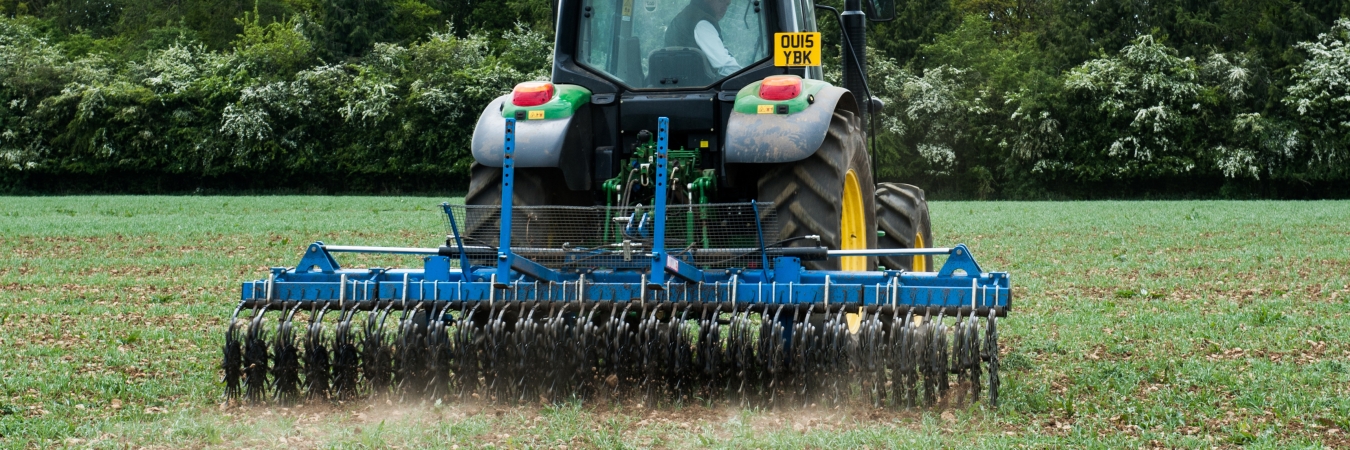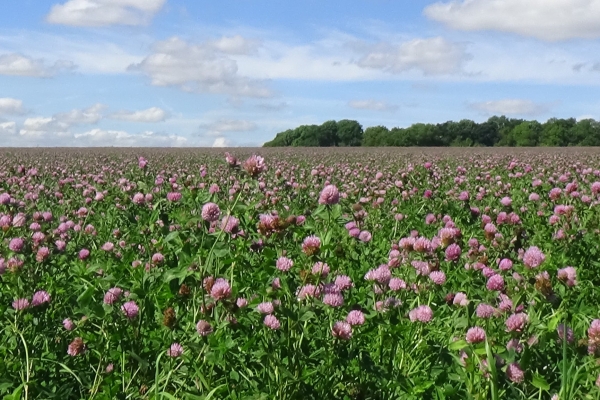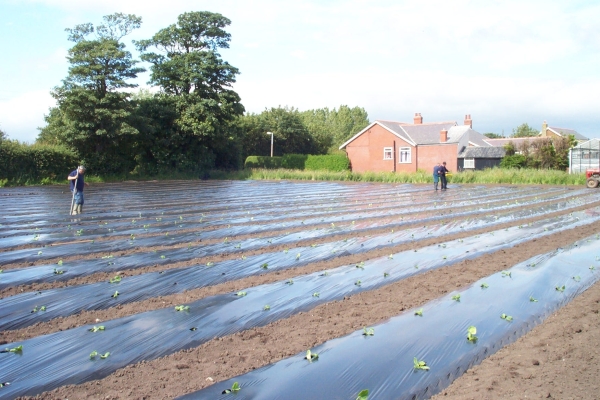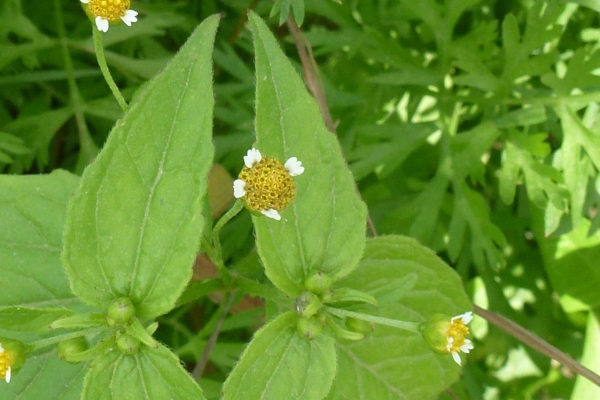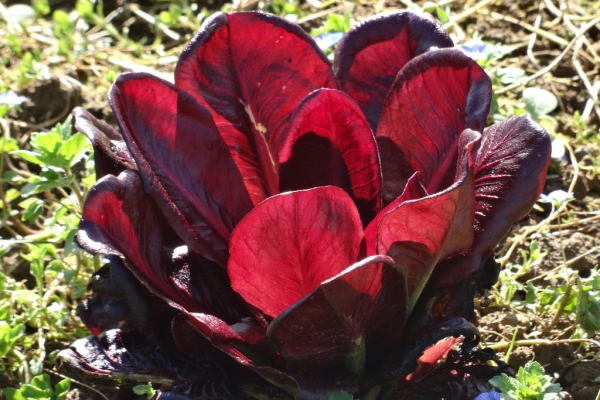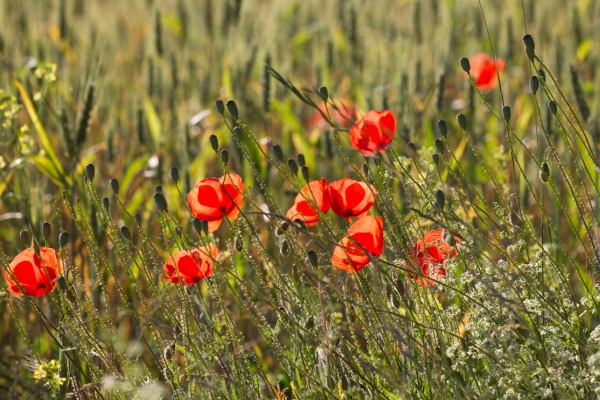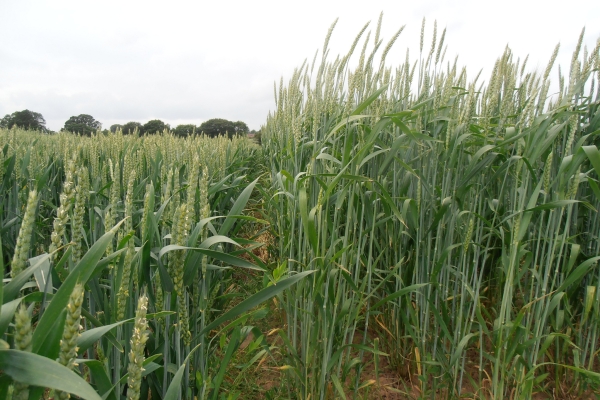Use of mechanical weed control
Organic Management Techniques to Improve Sustainability of Non-Organic Farming
Resource explained
This abstract was composed as part of a Defra-funded project looking at organic management techniques that could be applied on non-organic farms and help improve sustainability. It describes information on mechanical weeding and lists the main agronomic, economic and/or ecological value you can expect to gain from carrying it out. It includes practical recommendations that will help you implement the method on your farm and other useful information such as the time of year you could apply the method, suitability according to your farming system, and equipment required. It also includes a case study of a farmer who is applying the method. Potential benefits and potential barriers you would need to consider, financial implications, and how it relates to legislation are also listed.
Findings & recommendations
- With increases in herbicide resistance and withdrawal of key herbicides, it is timely to consider mechanical weeding options for non-organic farming.
- Technological advances in camera-guided systems and integrated sowing and weeding machines mean that, especially for the larger-scale farmer, investing in a mechanical weed control kit may be worthwhile.
- The move to wider spacings between crop rows can make the use of mechanical weeding attractive.
- Care needs to be taken regarding the right choice of kit for your situation (soil type, crop etc.). There are different hoes available for different situations.
- Timeliness is key, and having a range of different kit available as part of a weed control strategy is a sensible approach.
- Implementing weed control as early as possible i.e. at ‘white thread’ stage (when the seedling is germinating and the plant is at its weakest) is most effective.
Header image credit: Innovative Farmers / Royal Agricultural University
